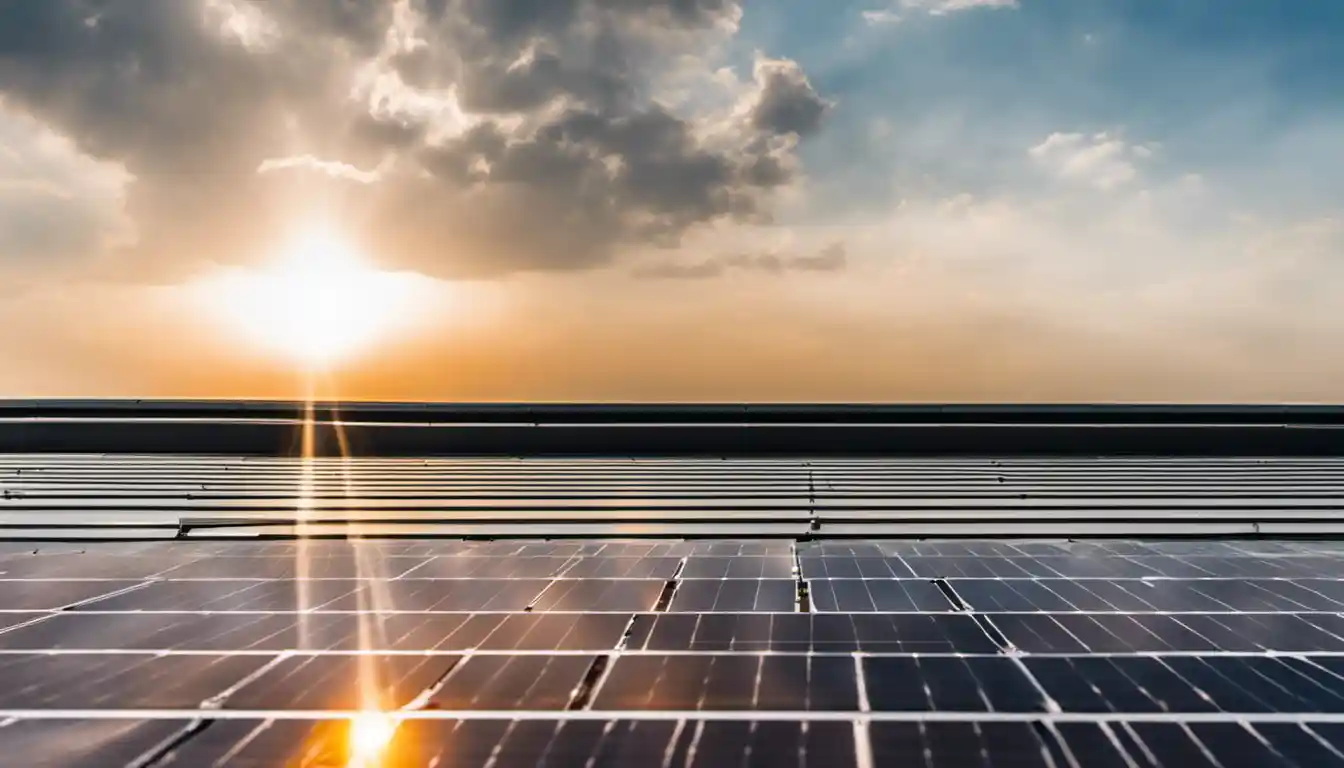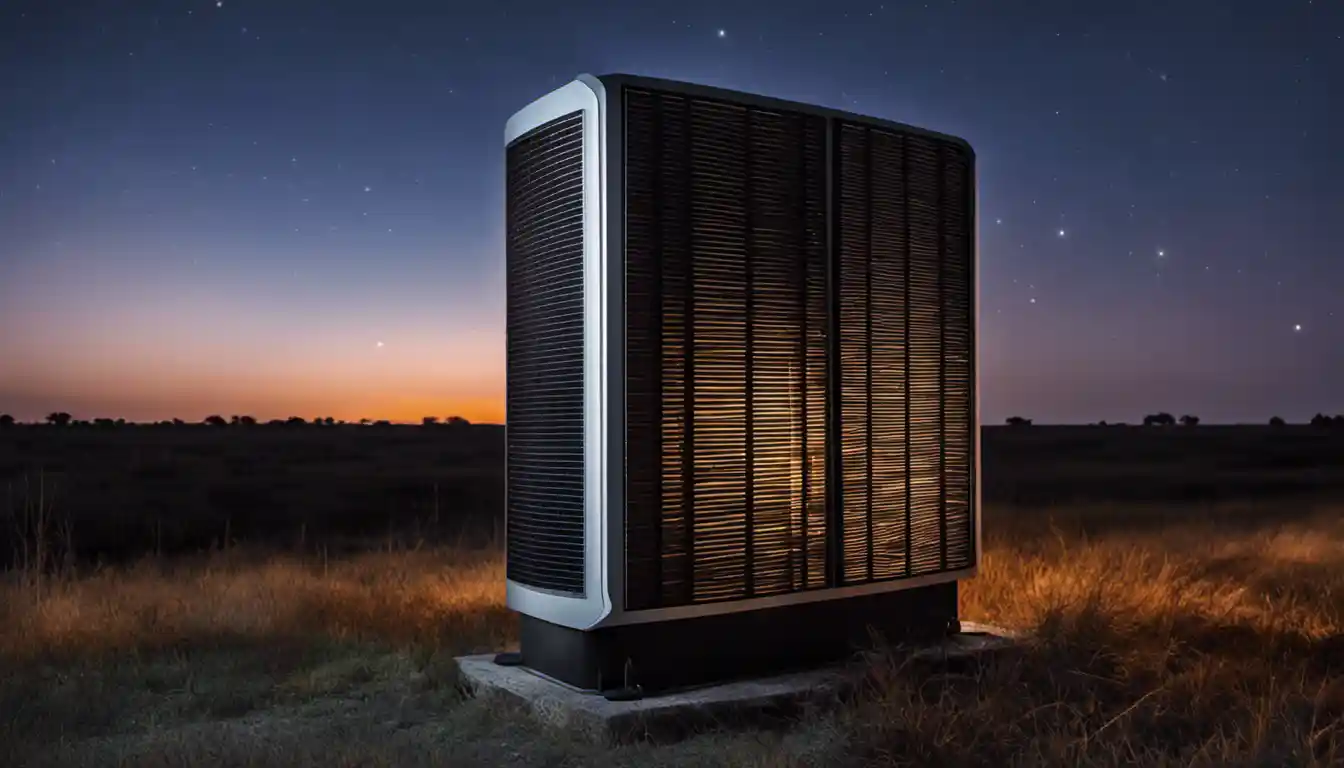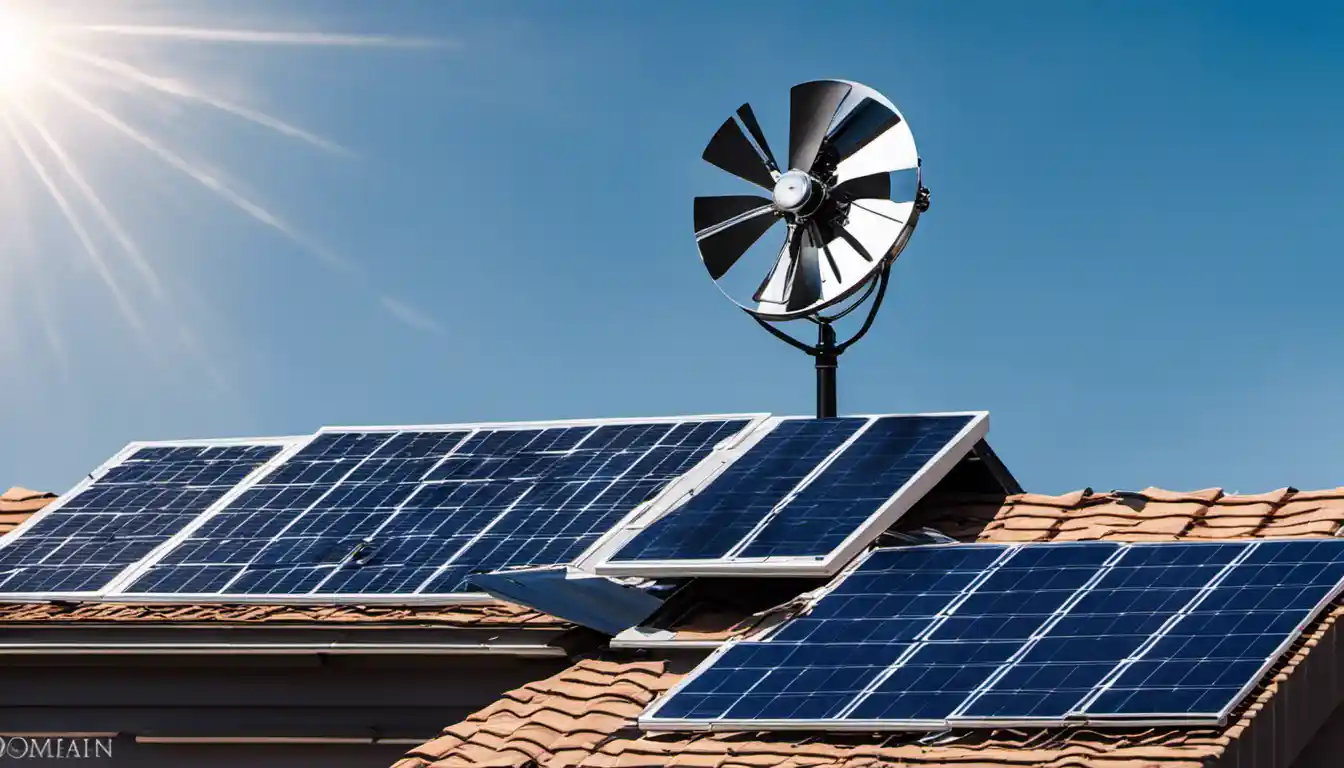Disadvantages of Solar Air Conditioner
Disadvantages of solar air conditioners primarily include their high upfront costs compared to traditional air conditioning units. Also, their efficiency can be affected by weather conditions, as less sunlight results in less power for cooling.
Understanding Solar Air Conditioners and Their Functioning
A solar air conditioner is an innovative system that uses the energy of the sun to cool your home. They work by converting solar energy into electricity that powers the air conditioner. However, while this eco-friendly alternative to conventional AC units offers numerous advantages, it’s also important to take a look at the disadvantages of solar air conditioners to form a comprehensive verdict.
Disadvantages of Solar Powered Air Conditioners
As with any product, solar air conditioners have their drawbacks too. These are some of the key disadvantages you should consider:
Solar Air Conditioners Cost More than Traditional AC Units
One of the most significant disadvantages of solar air conditioners is the initial cost. They are typically more expensive than traditional AC units: you may find that not only the device itself is costlier, but you may also need to invest in extra components like solar panels and batteries.
Regular Maintenance Necessity for Solar Air Conditioners

Solar air conditioners also require regular maintenance, which can add to the overall costs. To ensure your solar AC is running at optimum efficiency, you’ll need to clean and inspect it regularly, necessitating extra time and potentially professional servicing.
Effectiveness of Solar Air Conditioners in Cold Climates
Solar air conditioners rely on the sun to produce electricity. This poses a major disadvantage for those living in colder climates or areas with less year-round sunlight. The less sunlight available, the less effective the unit can be.
Difficulty Involved in the Installation of Solar Air Conditioners
Solar air conditioners aren’t plug-and-play. They need a professional to install them, which may be a lengthy and complex process. You may need to make modifications to your home, like installing solar panels on the roof.
Availability Issue of Solar Air Conditioners Compared to Traditional AC Units
Finally, solar air conditioner models aren’t as readily available as traditional options. This lack of variety and accessibility can make it harder to find the perfect fit for your needs.
The Role of Solar Batteries in Running Solar Air Conditioners
Solar batteries play a crucial role in running a solar AC system. They store excess solar energy produced during the day for use later on.
Challenges Posed by Nighttime Usage of Solar Air Conditioners

Nighttime usage is a significant obstacle when it comes to harnessing solar power for air conditioning. This issue is particularly challenging for climates with hot nights, as once the sun sets, solar power isn’t available unless stored.
Larger Battery Bank Requirement for Uninterrupted Operation
To achieve uninterrupted operation of a solar air conditioner, you’ll need a larger battery bank. This means investing in more, larger, or higher-capacity batteries, escalating initial set-up costs.
Understanding if a solar air conditioner is a fit for you can be tricky, but considering how solar panels can reliably run air conditioning during the day can aid in evaluating this decision.
Analyzing If a Solar Air Conditioner is Suitable For You
Assessing whether a solar air conditioner is suitable for you entails weighing its pros and cons. You should take into account factors such as your solar energy potential, your budget constraints, the climatic conditions of where you live, etc.
Disadvantages of Solar Fans
While we are on the topic of solar-powered cooling devices, let’s also talk about the related “disadvantages of solar fans”.
High Initial Costs of Solar Fans
Solar fans have higher initial costs than traditional fans, due to the extra components like solar panels and batteries.
Dependence on Sunlight to Operate

Solar fans, like solar air conditioners, are dependent on sunlight for operation which means their efficiency is affected by weather conditions and the climate of the region.
Battery Storage Issues for Solar Fans
Solar fans may also require batteries for non-sunny hours, which means additional costs and maintenance.
Limited Effectiveness in Certain Climatic Conditions
Solar fans might not be as effective in humid or extremely hot conditions– remember, they are fans and not air conditioners.
Not Suitable for Large Spaces
Finally, solar fans may not cool large spaces effectively, making them less suitable for larger homes or offices compared to air conditioners.
Concluding Thoughts on Disadvantages of Solar Air Conditioners and Solar Fans
While the concept of harnessing solar energy for cooling is promising, the reality also involves grappling with these disadvantages of solar air conditioners and fans. It is essential to remain well-informed and understand every facet of these devices before deciding if they are right for you. Evaluating these factors can help ensure you make a decision that suitably meets your comfort, environmental, and budget needs.



